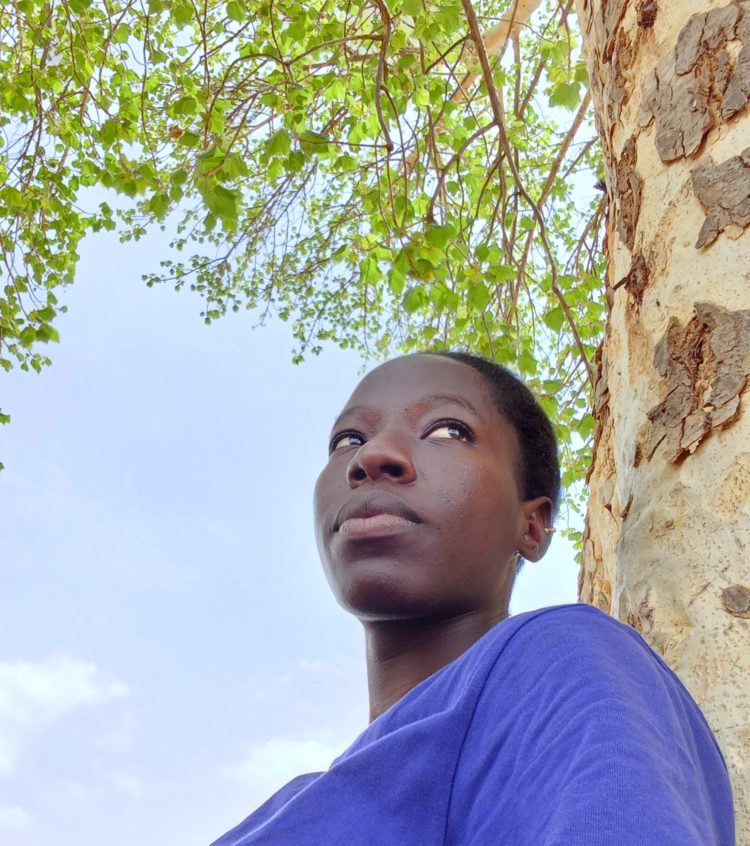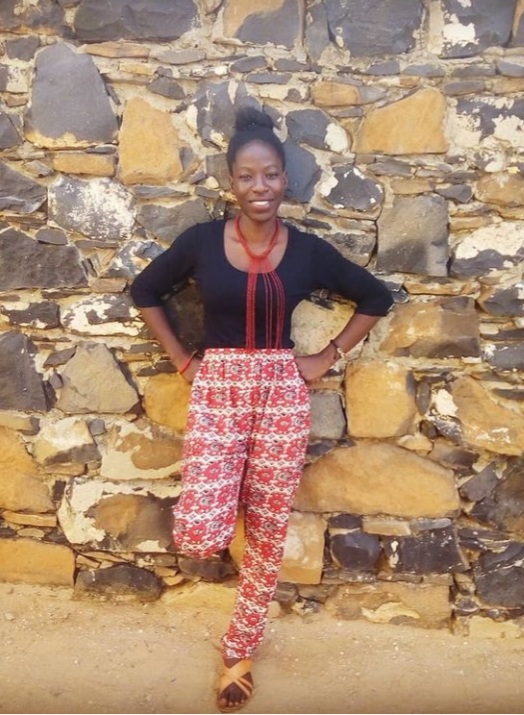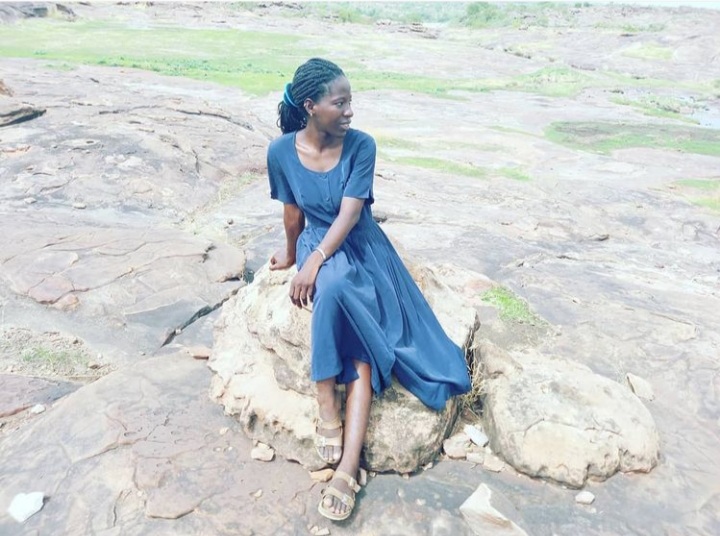Welcome to the seventh instalment in our Limitless series. It’s time to meet Safiatou Traoré, an eco-feminist, climate change activist, agro-economist and pan Africanist.
Safiatou Traoré wears all these hats, and she has been engaged in numerous battles that serve a single purpose. Her mission is to improve livelihoods in her home country Mali while empowering women and young people as they fight and adapt to climate change.

Women in Africa—particularly those from rural and conflict-prone areas—are among the most vulnerable populations. Because they are victims of changing temperatures and desertification, one would think they are overrepresented in formal studies and jobs in this field. But this is not happening.
Safiatou is a role model for many young women in Mali and in other parts of the Sahel, and she is proud to be seen as an inspiration for a younger generation of climate activists. When she was a little girl, she dreamt of saving people and nature alike. “When I was very young, my mother would take me on vacation to visit her parents who were living in the countryside,” she remembers. “Holidays in Mali are during the winter seasons and therefore come at the time of year agricultural activities are being implemented.
“Those vacations were an opportunity for me to be in perfect connection with the elements of nature, with animals. It was an additional school. When I returned from vacation, I felt the urge to bring the vegetation back to the house and was encouraged by my mom’s effort in placing flowerpots all over the house. She also loved animal shows, to the point of buying CDs.
“So, I understood my surroundings very early on and valued them. Then, at university, I joined associations that provided me with an opportunity to learn and to share and develop ideas with people like me. That’s where it all started.”

In 2014, she realized part of that dream when she co-founded CliMates Mali with other young people. It is a branch of the international youth-led think and do tank CliMates, which is known for empowering and engaging people in collaborative research, international advocacy and popular mobilization across the world.
Dealing with climate change means survival depends on resilience and flexibility
After representing the organization at several high-level events at the International Climate Conference in 2017, she became president in 2018 and has been an honorary president ever since. She is currently responsible for agricultural and environmental activities at CAMIDE, an association providing microfinance to the poorest in villages in Mali.
Since 2017, she has also served as the president of the Pan-African Movement of Leaders in Mali. Most recently, she presented in front of 55 women during TRUE Africa University’s introductory course on “An African Perspective on Climate Change”.
View this post on Instagram
For many other African women living in rural areas, dealing with climate change means survival depends on resilience and flexibility. These women are smart enough to know that they cannot rely on a single activity or crop. Safiatou feels that it’s not necessarily the heat, the drought or the overpouring of rain that are the problem, but rather the lack of capabilities to cope with climate change and “rebound”.
A woman in rural Mali may not be able to singlehandedly influence her area’s greenhouse gas emissions and prevent a changing climate. She may not even be able to influence the necessary large-scale policy interventions in her country or beyond, but what she can do is save money and store crops. She needs to make sure she has invested in the education of her children. That is how she can ensure that livelihoods in the short and longer term can be sustained despite a changing climate.

Safiatou says that communicating about climate in a way that speaks to poorer people is essential. Her dream is to become a green “Mama Africa”, the name of one of her favourite songs by reggae singer Lucky Dube.
With thanks to Africa No Filter who made this series possible.
